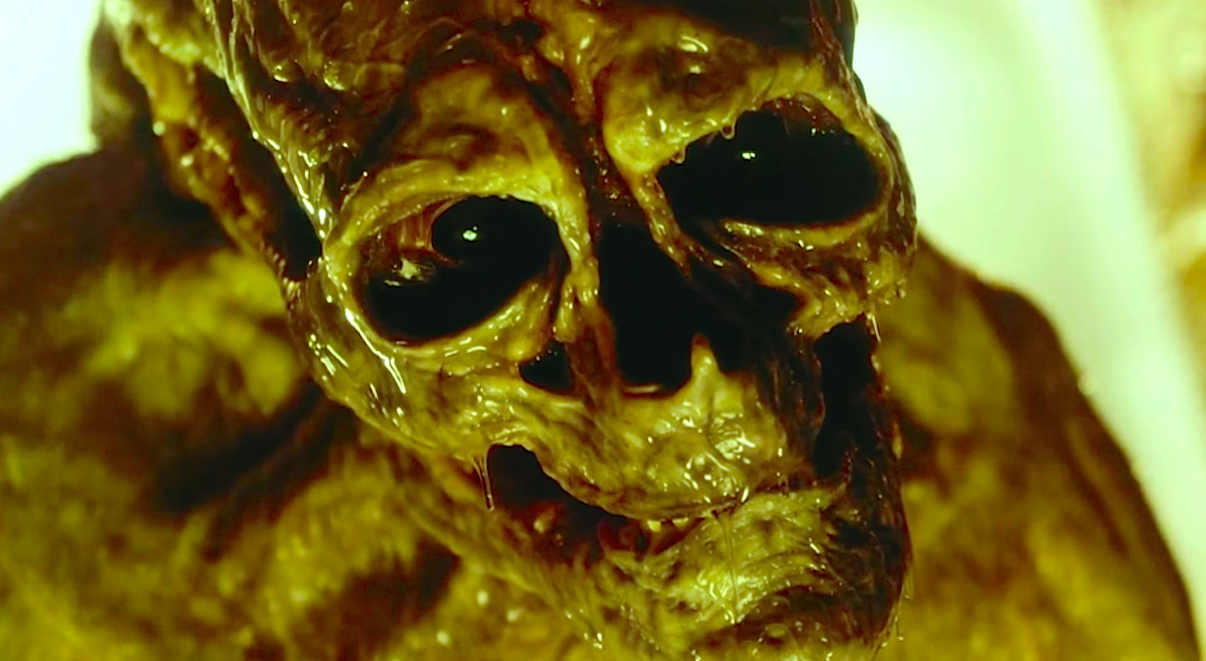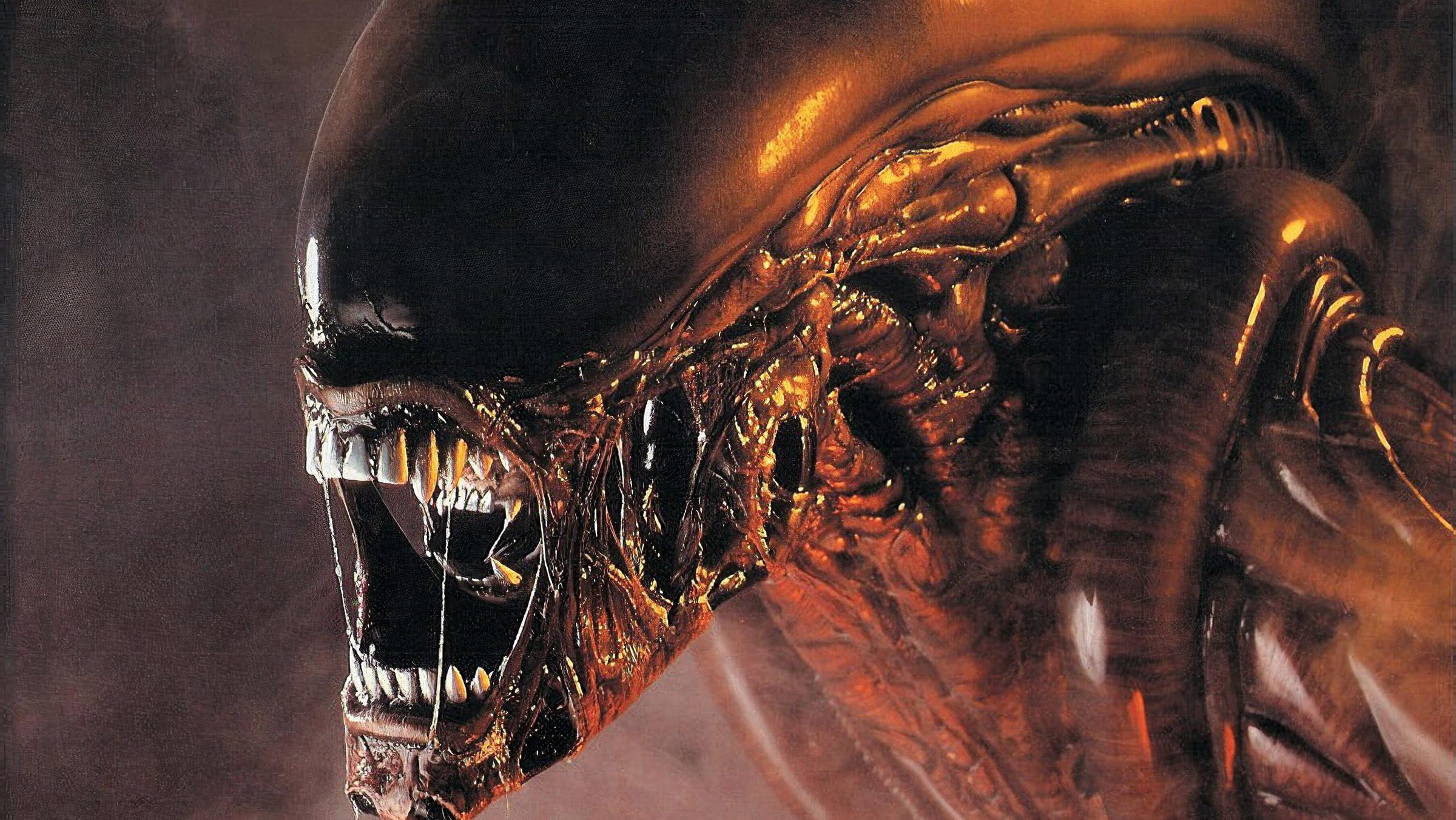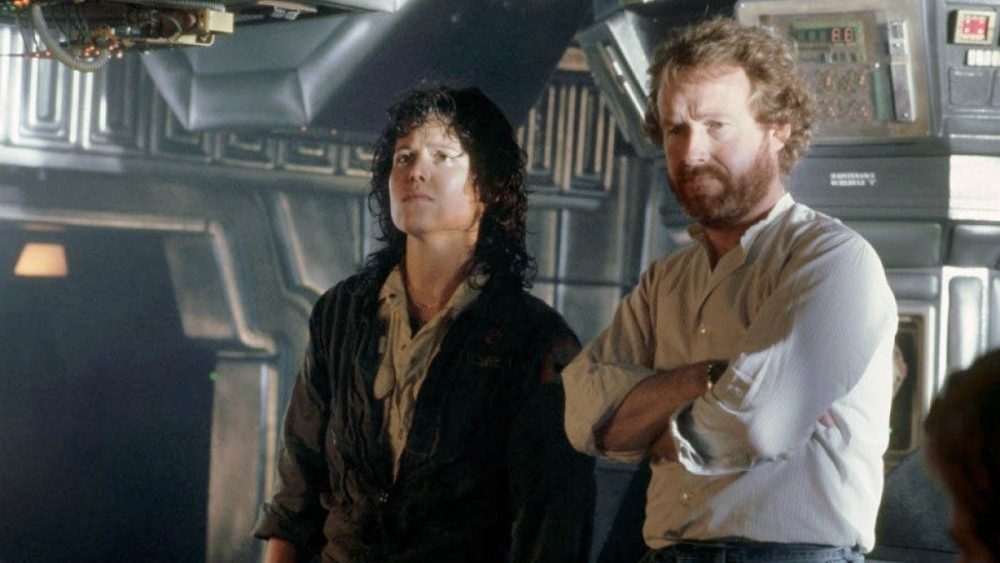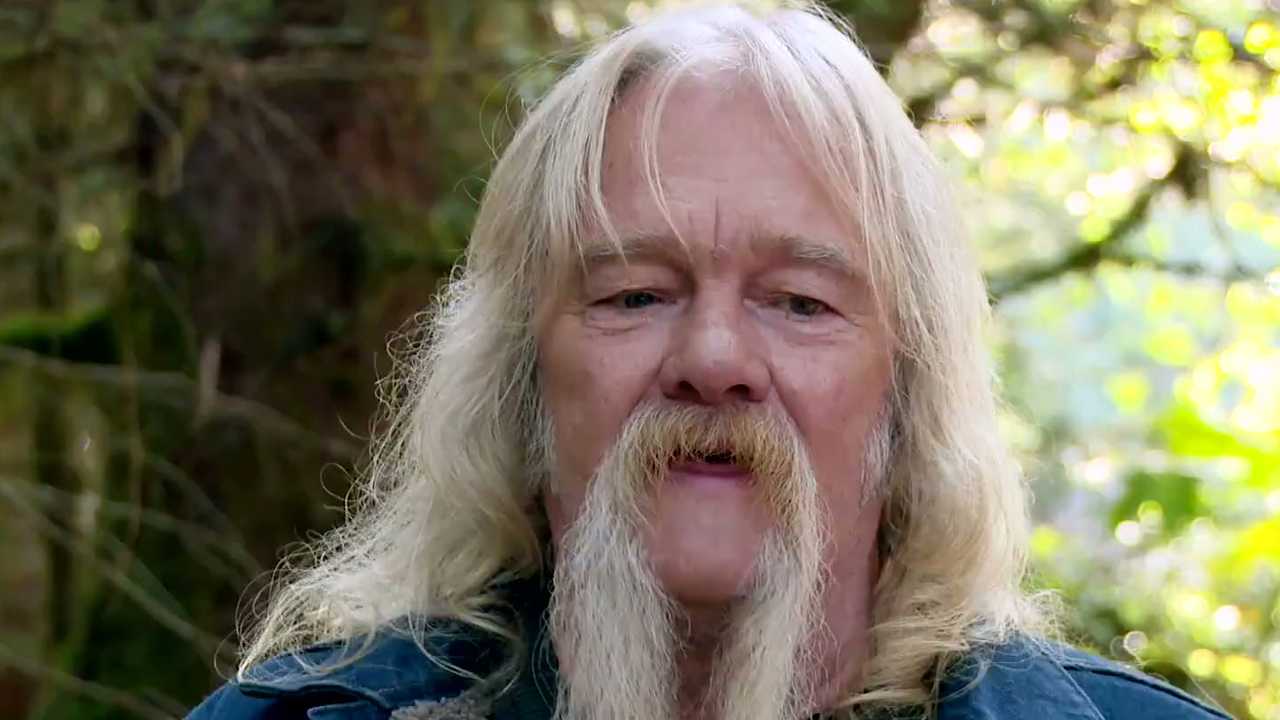It’s hard to fathom that a franchise as storied as Alien hasn’t been guided by some stalwart producer with long-term plans to turn it into an inexhaustible goldmine. But, when looking at series history, it’s obvious that not only does Alien lack a guiding hand now, it never had one.
This is a franchise that, despite being one of the most well-known and profitable in history and conquering film, games, and comics, has been absolutely rudderless since Fox decided to make a sequel and turn a one-off, sci-fi horror movie into something more. They just had no idea what that more would be, and they never learned.
No One Has Any Idea What Genre the Alien Franchise Is
If you ask someone what genre the Alien films fall into, most people will chime in quickly by saying ‘horror’. Then, maybe they’ll pause and follow up with ‘science fiction’. Then, if they really start to think about it, they might also mention ‘action’ or, if they really know the franchise, ‘dark comedy’ or ‘base defense’ or ‘philosophical drama’ or… the list goes on.

That’s because from the moment this series became a franchise — the release of Aliens — this franchise has not just dipped its toe into different genres but gone full bore into them with each and every film. The how and why of this is a muddle of lawsuits, studio leadership shake-ups, and Fox’s strange lack of faith in the franchise. Whatever the reasons, though, what ends up happening from film to film is a complete shift in tone and genre.
I won’t break down the long and tortured history of each film’s struggle to get made, but while Alien 3 had a notoriously terrible production process full of meddling studio execs, a first-time director in David Fincher, and a slew of other problems, the other films had their fair share of issues too. You also have Fox selecting directors who liked to be involved in the stories they’re directing and a collection of screenwriters from all genres. It leads to a franchise that has rarely landed in the same genre except to have sci-fi slapped onto it because it involves aliens. Here’s a rundown:
- Alien – Science fiction, home invasion horror
- Aliens – Science fiction, action blockbuster
- Alien 3 – Character-driven, base defense, science-fiction
- Alien: Resurrection – Surreal science-fiction, tongue-in-cheek meta, ’90s action
- Alien vs. Predator – Action
- Alien vs. Predator: Requiem – Slasher horror, action
- Prometheus – Drama, science fiction, action
- Alien: Covenant – Science fiction, action, drama
- Alien: Romulus – Science fiction, horror
While the genres may overlap from film to film, the mix is never the same, and even similar genres are rarely back-to-back. As a result, aside from the first and last on the list, the films are all so different in tone that you’d be hard pressed to associate them with each other if there weren’t Xenomorphs on screen. Hell, given Prometheus‘s almost total lack of the creatures and focus on the synthetic David (Michael Fassbender), you’d be hard-pressed to even call it an Alien movie if you didn’t know its place in the canon. Even series creator Ridley Scott’s latest two films, Prometheus and Covenant (the only movies made by the same director in sequence) are hugely different, with the first leaning into its philosophical underpinnings and the second pressing towards action and world-building.
No One Has Any Idea What the Alien Franchise Should Look Like
Part of the reason the movies have hopped genres so much is that they have hopped directors so much. Still, as the MCU has shown, you can have a plethora of directors and maintain a coherent look across a multitude of films. Alien has not done that… at all. That’s because, for whatever reason, almost every director to helm an Alien film has had a strong, personal visual style and the absence of a “bible” to guide them (more on that later).

It is no small thing for a franchise to claim four separate Oscar-nominated directors, but Alien did that within its first four films — Ridley Scott, James Cameron, David Fincher, and Jean‑Pierre Jeunet. Now, none of these directors were massive names at the time, nor had they won their Oscars, but Fox somehow selected four very different yet visually compelling directors to helm this franchise in succession.
Each director brought their own flair to the franchise, from Scott’s grounded science fiction to Cameron’s precision blockbuster direction to Fincher’s muddied humanism to Juenet’s surrealism. None of them seemed to want to follow the previous directors, and no one made them. It means the first four films all look wildly different, a feature that when released so far apart in theaters may not have been striking but becomes practically mind-melting when watching them back-to-back.
Even when Scott returned to the franchise after 33 years, his work had drastically changed. The down-and-dirty feeling of the original Alien is gone from the smooth, massively budgeted Prometheus and Covenant. Scott is a drastically different director from the one he was in 1979, and it means that his latest two franchise movies are as visually different from his original as any of the others. Fede Alvarez, the director of Romulus, has just as distinct a directorial flair as the others, again lending the newest film an entirely different feel. Hell, even Paul W.S. Anderson, who helmed Alien vs. Predator has a unique B-movie style that’s instantly recognizable — at least to those who have watched the Resident Evil movies.
So, what does the Alien franchise look like? It looks like whatever the hell the next director wants it to and, so far, that has been entirely different from the visions of every previous director.

No One Has Any Idea Who or What The Alien Franchise is About
Alien, despite the title, is not actually about the Xenomorphs in any real way. The Xenomorphs are just a monster that can be inserted into the genre and story being told. From film to film their powers, life cycle, and effects vary so wildly that they’re more of a metaphor for fear than a consistent creature. There is little rhyme or reason as to whether or not their acid blood burns someone, what characteristics they take from the host they’re gestated in, how they’re birthed, or what can or can’t kill them (aside from being sucked into space). Even their origins are contradicted thanks to Prometheus retconning much of the world-building done in Alien vs. Predator.

The fact that the Xenomorphs have no consistent rules behind them (in the films at least) is one of the side effects of them not actually being the focus of the films, not the cause. The real cause is that they’ve never been the main characters. For the first four films, Alien would have been better referred to as the Ripley (Sigourney Weaver) franchise. Protagonist Ellen Ripley is, in fact, the only person in the entire universe to have encountered these creatures more than once. The saga is so centered around her that when she dies at the end of the third movie, instead of shifting focus to the Xenomorphs entirely, Fox (and scriptwriter Joss Whedon) created a plot where she’s cloned, turned into a super-powered anti-hero, and becomes a mother-substitute to a human/alien hybrid.
In the AvP films, the Xenomorphs play second fiddle to Predators, acting as little more than a monster for the Predator’s anti-hero. The two films may contain Xenomorphs, but they’re more about humans and Predators. Then, when Scott returned to the franchise, Prometheus is almost entirely devoid of Xenomorphs, focusing instead on synthetics and the Weyland-Yutani corporation. Both of Scott’s latter movies are more about David and what it means to be human than they are about alien creatures. There’s no coherent focus for the films and that turns the Xenomorph into a plot device rather than a franchise focus.

No One Has Any Idea Who Is in Charge of the Alien Franchise
This point, more recently, probably isn’t the entire truth. Over the most recent three films (Prometheus, Alien: Covenant, and Alien: Romulus), Ridley Scott has become the de facto leader of this franchise.
It may seem like that was always the case. He did, after all, kick things off with Alien. However, while he may be the most prolific director in the franchise, with three films to his name and a producer credit on Romulus, he had minimal input for decades. Though he was reportedly asked to direct Alien 3, Scott was too busy at the time, and the job went to Fincher. The idea that Scott is some shepherd of the franchise, the Xenomorphs, or even Ripley is drastically off base.
In short, there is no Kevin Feige (Marvel) or James Gunn (DC) for the Alien franchise. There is just 20th Century Fox and now Disney knowing they have something that people like but just throwing everything at it and seeing what sticks. Then, if something does stick ignoring it in favor of something else. This is reflected in almost every aspect of the series, including its writers and production crews. There is almost no throughline for any aspect of this franchise in terms of who is behind it. As mentioned before, this has led to wildly different takes, understandings, plots, and even contradicting backstories despite attempts to make them seem connected.
Now, this may be changing. Disney is, of course, the standard bearer of shared universes and the company seems to have let Scott continue to exert control as he produced and provided notes on Romulus but gave notes on it as well. He’s also in charge of the upcoming TV show, Alien: Earth. However, even that series is being led by Noah Hawley, a man whose TV shows are known for their distinct tones and visuals. It’s yet another creative who is sure to bring his own style to a franchise that lacks a defined style.

Now One Knows What the Alien Franchise is and That is Kind of Awesome
I’ll conclude by saying that if you’ve gotten this far and feel that it’s a bad thing that the Alien franchise has no uniform direction, tone, or style, you’re coming away with the wrong idea. Has that meant that several of the films in the franchise are either immensely weird or just flat out bad? Of course, but it also means that this is a rare, surviving franchise that hasn’t been codified into sameness — one that can deliver something different every time you head to the theater.
That is thanks to the Xenomorphs and their previously discussed lack of focus. More than just a scary alien designed by H.R. Giger, they are an incredibly versatile metaphor for fear and can be easily transplanted into almost any situation. Because the films don’t care too much about following rules about what the Xenomorphs are or how they function, the franchise is free to do whatever it wants.
Think of Xenomorphs as a motif that can be used to create any film rather than the core of a cinematic universe with defined histories and logic. When considered like that, the possibilities, both good and bad, are endless — and it makes the Alien franchise one of the most exciting around.






Published: Aug 22, 2024 09:00 pm